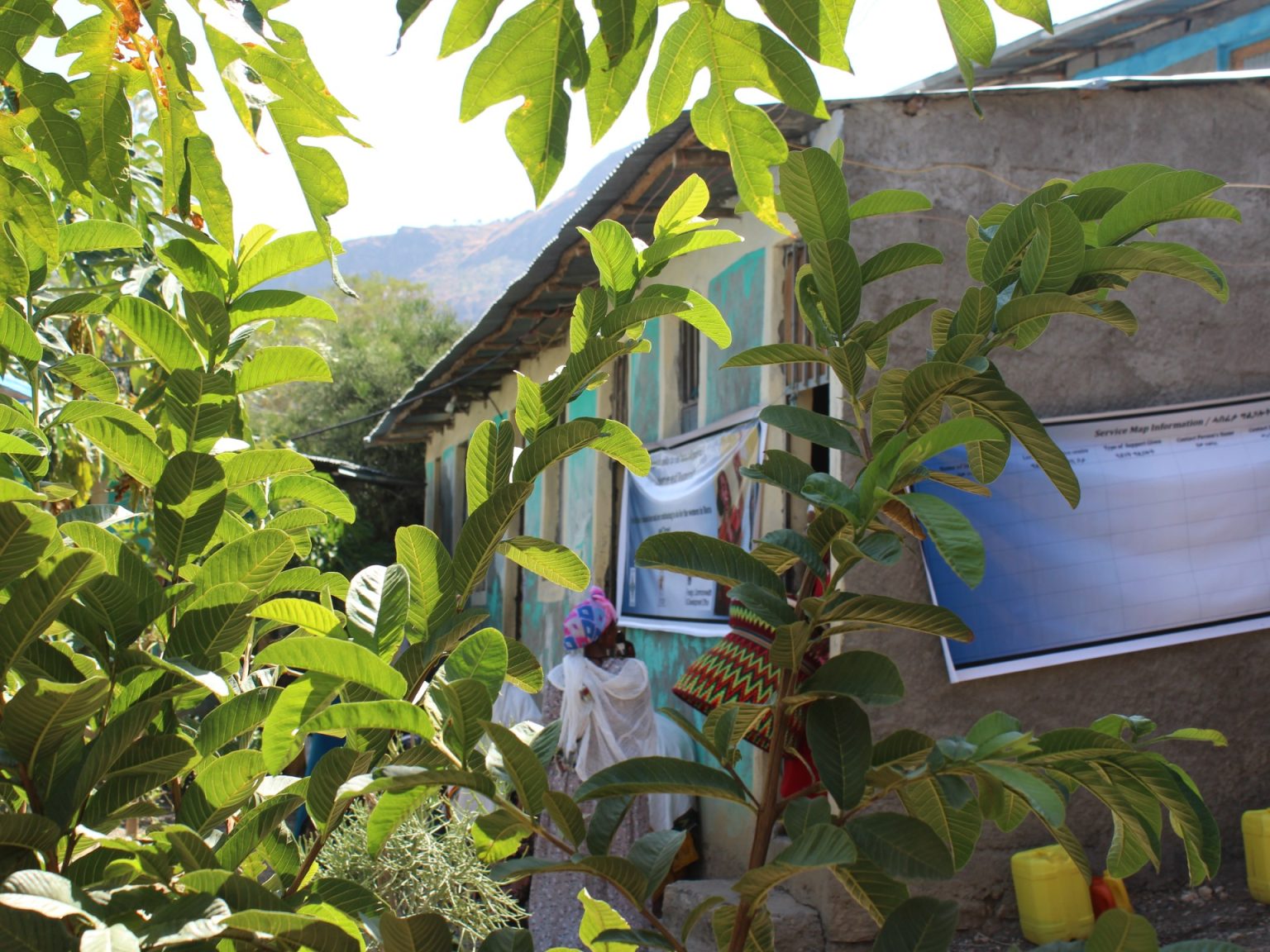Women in Tigray, Ethiopia, such as Bezunesh and Blen, have suffered immensely due to the brutal siege by Ethiopian and Eritrean armies from 2020 to 2022. More than 600,000 civilians were killed, and at least 120,000 women and girls were raped as a weapon of war. Even though a survey conducted by Mekelle University found evidence of widespread sexual violence, many women did not report their assaults due to the stigma surrounding victims in the religious and conservative Tigrayan society. Bezunesh talks about the trauma and stress she experienced following the death of her husband and the violent attacks on her village.
After the atrocities committed by both the Ethiopian and Eritrean soldiers, a group of women in Tigray decided to take action to help survivors of sexual violence and trauma. Drawing inspiration from the HAL (helpful active listening) circles developed to help Rwandan genocide survivors, they trained local women to provide psychosocial support to other survivors in women-to-women circles. The HAL circles were created to offer a safe place for women to share their experiences, receive support, and cope with the trauma they had endured.
With the support of foreign embassies, including the French and Irish embassies, the HAL programme was piloted in Mekelle, the capital of Tigray. Later, it was expanded to Bora district. The programme involved training facilitators to lead sessions with groups of women affected by sexual violence or other traumas resulting from the war. The approach prioritized providing support, explaining the effects of trauma, and teaching coping strategies in a culturally appropriate manner to help survivors heal and regain their sense of self-worth.
The HAL programme in Tigray has been successful in reaching over 1,300 survivors and has been instrumental in reducing post-traumatic stress, ending self-blame, and breaking the taboo surrounding sexual violence. Many women have found the circles beneficial in improving their mental health and resilience. Additionally, some circles have evolved into self-help cooperatives and microfinance groups, empowering women to support each other’s businesses and participate in decision-making processes that affect them.
Despite the positive impact of the HAL circles, the project faces challenges in meeting the extensive needs of survivors in the region. Many women continue to struggle with food insecurity, physical health issues, and other pressing needs resulting from the war and subsequent displacement. There is a critical need to address these concerns, expand access to mental health services, and work towards changing societal attitudes towards women who have faced sexual violence. The core group behind the HAL project is working with local authorities to scale up their outreach efforts and advocate for comprehensive support for women in Tigray.
In conclusion, the HAL circles in Tigray have provided a valuable support system for survivors of sexual violence and war trauma, helping women heal and rebuild their lives. The approach has been effective in breaking down stigma, promoting solidarity among victims, and fostering resilience. However, more resources and support are needed to address the extensive needs of survivors and create lasting change in the community. It will require a sustained effort involving various stakeholders, including government authorities, service providers, educators, and religious leaders, to support the healing process and empower women in Tigray.













